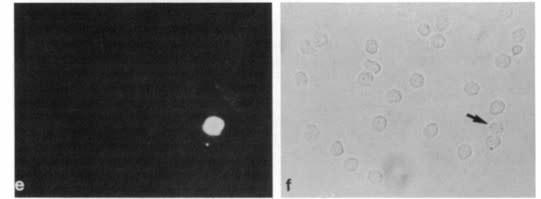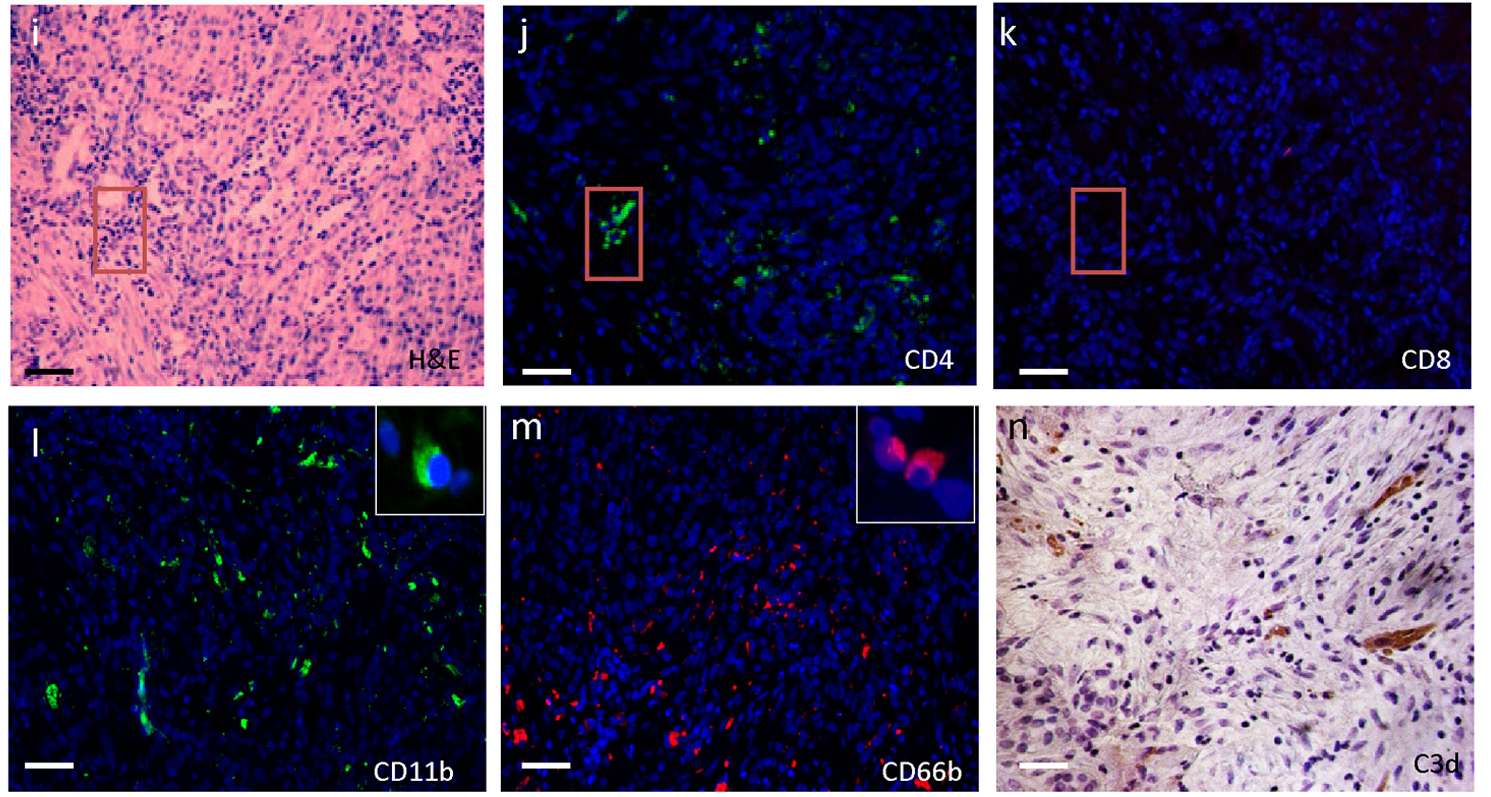
Cat. #151786
Anti-FMIP [F6D/11]
Cat. #: 151786
Sub-type: Primary antibody
Unit size: 100 ug
Availability: 1-2 weeks
Target: Fms interacting protein (FMIP)
Class: Monoclonal
Application: ELISA ; IHC ; WB
Reactivity: Human
Host: Mouse
£300.00
This fee is applicable only for non-profit organisations. If you are a for-profit organisation or a researcher working on commercially-sponsored academic research, you will need to contact our licensing team for a commercial use license.
Contributor
Inventor: Alison Banham
Institute: University of Oxford
Tool Details
*FOR RESEARCH USE ONLY
- Name: Anti-FMIP [F6D/11]
- Clone: F6D/11
- Tool sub type: Primary antibody
- Class: Monoclonal
- Conjugation: Unconjugated
- Reactivity: Human
- Host: Mouse
- Application: ELISA ; IHC ; WB
- Description: Fms interacting protein (FMIP) is a substrate, as well as a binding partner, of Fms tyrosine kinase. FMIP is a ubiquitous nuclear/cytoplasm shuttling protein with a leucine zipper. The overexpression of FMIP in myeloid progenitor cells alters the macrophage colony stimulating factor (M-CSF)-mediated macrophage differentiation. These cells differentiate into the granulocytic lineage rather than into the macrophage lineage. Furthermore, it has been shown that FMIP is one of the major molecules phosphorylated via the insulin-mediated signaling pathway in a preadipocyte cell line, 3T3-L1 cells, suggesting that FMIP may play a role in adipocyte differentiation.
- Immunogen: C-terminus of the human FMIP protein as a glutathione-S-transferase (GST) fusion protein
- Isotype: IgG1
- Myeloma used: P3/NS1/1-Ag4.1
Target Details
- Target: Fms interacting protein (FMIP)
- Target background: Fms interacting protein (FMIP) is a substrate, as well as a binding partner, of Fms tyrosine kinase. FMIP is a ubiquitous nuclear/cytoplasm shuttling protein with a leucine zipper. The overexpression of FMIP in myeloid progenitor cells alters the macrophage colony stimulating factor (M-CSF)-mediated macrophage differentiation. These cells differentiate into the granulocytic lineage rather than into the macrophage lineage. Furthermore, it has been shown that FMIP is one of the major molecules phosphorylated via the insulin-mediated signaling pathway in a preadipocyte cell line, 3T3-L1 cells, suggesting that FMIP may play a role in adipocyte differentiation.
Applications
- Application: ELISA ; IHC ; WB
Handling
- Format: Liquid
- Concentration: 1 mg/ml
- Unit size: 100 ug
- Storage buffer: PBS with 0.02% azide
- Storage conditions: -15° C to -25° C
- Shipping conditions: Shipping at 4° C
References
- Guria et al. 2011. RNA. 17(6):1048-56. PMID: 21525145.
- Identification of mRNAs that are spliced but not exported to the cytoplasm in the absence of THOC5 in mouse embryo fibroblasts.
- Mancini et al. 2010. BMC Biol. 8:1. PMID: 20051105.
- THOC5/FMIP, an mRNA export TREX complex protein, is essential for hematopoietic primitive cell survival in vivo.
- Mancini et al. 2007. Oncogene. 26(7):1020-7. PMID: 16909111.
- FMIP controls the adipocyte lineage commitment of C2C12 cells by downmodulation of C/EBP alpha.




